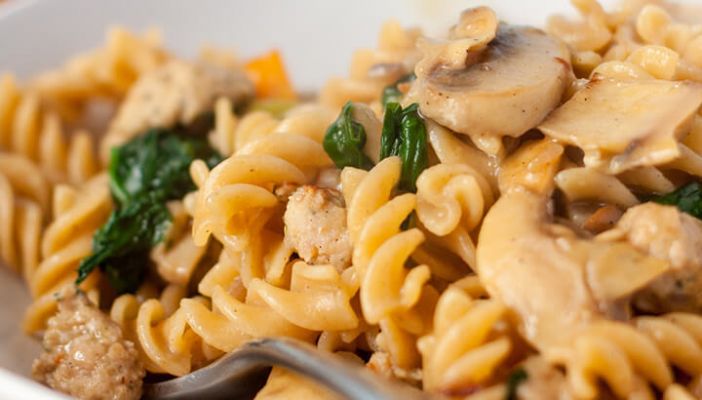When it comes to having the proper nutrition protocols in place for playing a round of golf, it is still a relatively new process for a lot of people.
In the past, golfers no matter what level, would consume whatever they wanted the night before playing a round. This would often consist of having a lot of fatty foods that were drenched in salt and sugary sauces, all while being washed down with a few beers.
Times have changed drastically since those days. Professional golfers are now like elite athletes, spending just as much time in the gym as they do working on their short games. They also dial in their nutrition and hydration strategies to eke every single ounce of performance out of their bodies as they possibly can.
This level of focus placed on nutrition protocols has dripped down to amateur players. In the past, many people would struggle to make it around 18 holes without feeling extremely drained and unfocused both during the round and after. They usually would put this down to all of the exercise they got and not to the foods that they ate in advance of their round.
Now your ordinary golfers are wising up to the fact that they need to have proper nutrition protocols in place before, during and after their rounds if they want to perform well and not be extremely fatigued.
Focus on good nutrition principles before your round of golf
When it comes to going around the golf course, you will burn a serious amount of calories. If you add to this high temperatures and not using a golf buggy, you will need a lot of energy to make it to the end of the round without feeling sluggish and having your performance levels drop.
Proper nutrition practices are not only good for your general health, but they will also boost your performance on the golf course. By having your muscles and vital body systems filled with energy, you will be able to perform better for longer.
Some of the great benefits of having an effective nutrition strategy in place include better mental focus on the course, being less tired during and after your round, allowing your body to recover quicker after your rounds and better results on the scorecard.
What you should be eating the night before a round
While many people will make the mistake of believing that what you eat a couple of hours before your round is most important, in actuality the most important meal is the one you have the night before.
Carbohydrates are going to be your main source of fuel on the course, so you need to ensure that your stores are well topped up in advance of the round. If you try to do this on the day of your round, you will feel overly full and sluggish.
By topping them up the night before, you will have ample time to digest the food and have your glycogen stores full to the brim by the time you arrive on the first tee.
Carbohydrates are broken into two categories; simple carbs and complex carbs.
Simple carbs are quick releases of energy that only last for short while (e.g., sugary drinks, energy bars). Complex carbs are slower releasing forms of carbs, which means that your blood sugar levels will not be spiked like they are with simple carbs. This keeps your energy levels at a constant level, meaning that you will be feeling energetic right throughout your round.
Therefore, you want to focus on getting in plenty of complex carbs the night before your round. The most common types of complex carbs are starchy vegetables (potatoes, yams, corn), whole grain based foods (pasta, rice, oatmeal, whole grain breads), legumes (beans, lentils and peas) and green vegetables.
As well as having a large helping of complex carbs, you will want to have a moderate portion of protein, such as chicken or turkey also in order to ensure that your muscles are well recovered by the time you get onto the first tee. As you will be having this meal in the evening, it is wise to limit your fat and fibre intake to ensure that you don’t have any gastric discomfort or distress when you are going to bed.
Finally, it is always best to consume a meal that you are comfortable with and know that you can digest well. This is opposed to eating something that you are not used to, as your body may not react well to it.
The recommended meal you should have the night before you play golf is a large bowl of whole grain pasta mixed with a moderate portion of minced meat or poultry and a low sugar sauce. If you do not like pasta, the next best thing is a chicken and rice dish with a low sugar sauce.
— Andrew O’Malley
